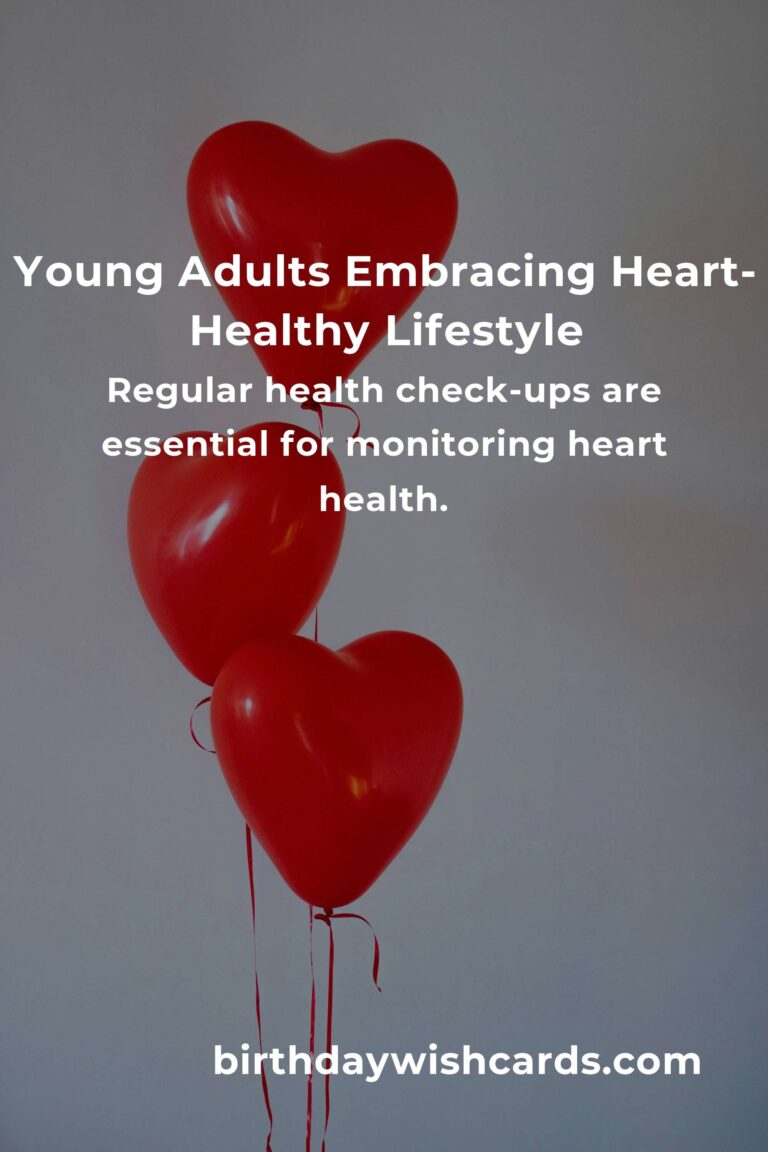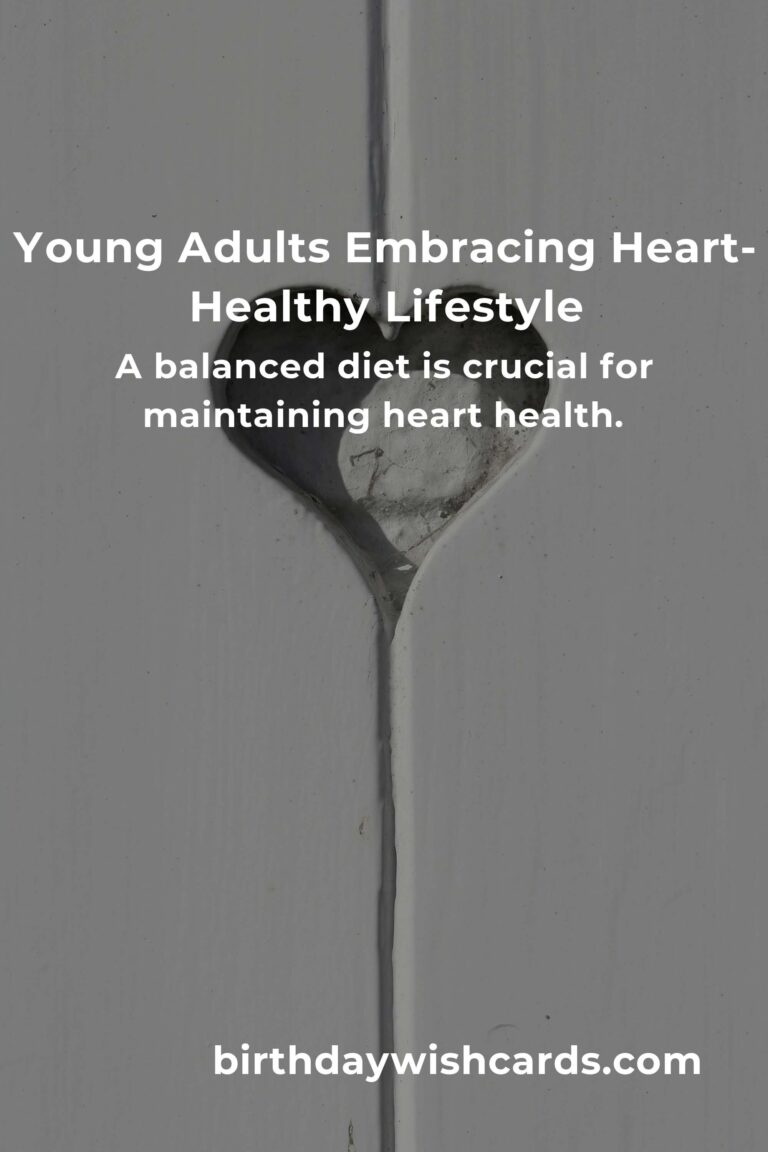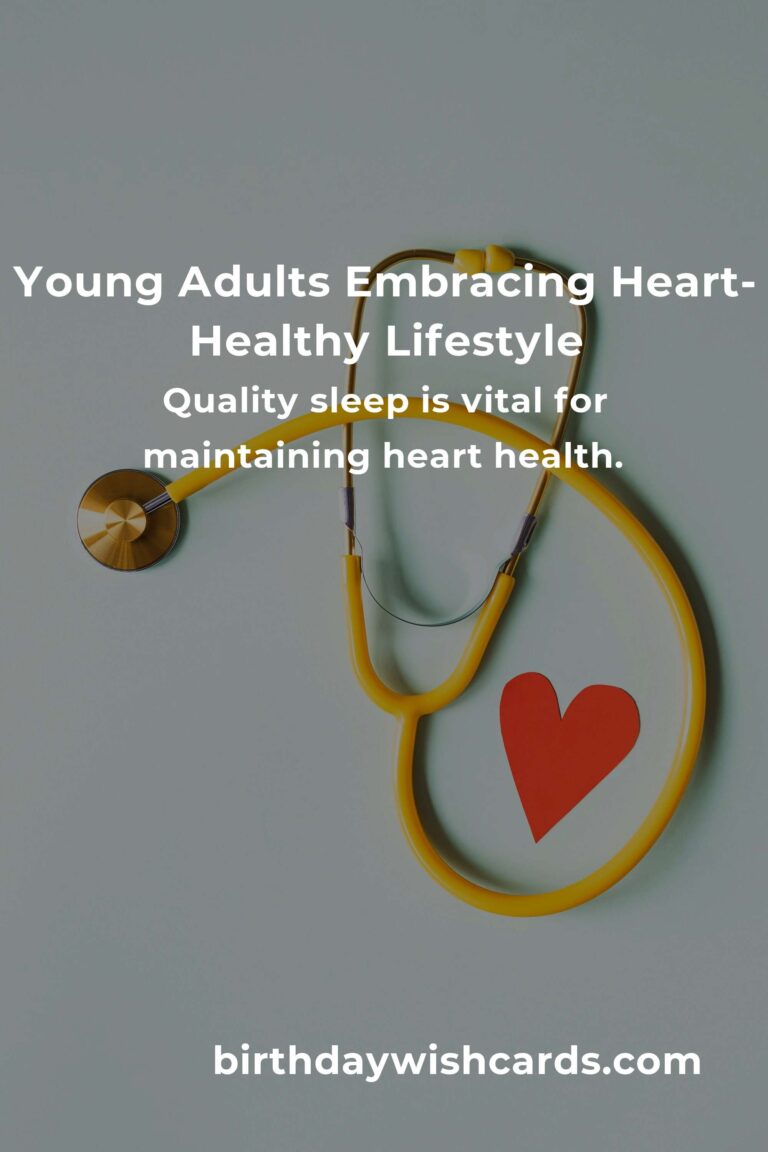
Heart health is an important aspect of overall well-being, even for young adults. While cardiovascular diseases are often associated with older age, establishing healthy habits early can significantly reduce the risk of heart-related issues later in life. In this article, we explore various strategies and lifestyle changes that young adults can adopt to enhance their heart health.
Understanding Heart Health
The heart is a vital organ responsible for pumping blood throughout the body, supplying oxygen and nutrients to tissues, and removing carbon dioxide and other wastes. Heart health refers to the overall condition and functioning of the heart and blood vessels. Maintaining good heart health involves managing factors such as blood pressure, cholesterol levels, and weight, among others.
Importance of a Healthy Diet
A balanced diet is crucial for maintaining heart health. Young adults should focus on consuming a variety of nutrient-rich foods, including fruits, vegetables, whole grains, lean proteins, and healthy fats. Limiting intake of processed foods, sugary beverages, and excessive salt can also help lower the risk of heart disease.
Regular Physical Activity
Engaging in regular physical activity is one of the most effective ways to improve heart health. Young adults should aim for at least 150 minutes of moderate-intensity aerobic exercise or 75 minutes of vigorous-intensity exercise each week. Activities such as walking, jogging, cycling, swimming, and dancing can enhance cardiovascular fitness.
Manage Stress Effectively
Chronic stress can negatively impact heart health. Young adults should adopt stress management techniques such as mindfulness meditation, yoga, deep breathing exercises, or hobbies that promote relaxation and mental well-being. Maintaining a healthy work-life balance is also crucial for reducing stress levels.
Avoid Tobacco and Limit Alcohol
Tobacco use is a major risk factor for heart disease. Young adults should avoid smoking and exposure to secondhand smoke. Additionally, limiting alcohol consumption to moderate levels can prevent heart-related complications. The recommended limit is up to one drink per day for women and up to two drinks per day for men.
Regular Health Check-Ups
Regular health check-ups are essential for monitoring heart health. Young adults should have their blood pressure, cholesterol levels, and body mass index (BMI) checked periodically. Early detection of potential issues allows for timely intervention and management, reducing the risk of serious heart conditions.
Get Adequate Sleep
Quality sleep is vital for maintaining heart health. Young adults should aim for 7-9 hours of sleep per night. Poor sleep patterns can lead to increased blood pressure and stress levels, both of which are detrimental to heart health.
Stay Informed and Educated
Staying informed about heart health and potential risk factors is essential. Young adults can benefit from educational resources, workshops, and seminars focused on cardiovascular health. Awareness and education empower individuals to make informed lifestyle choices that promote heart health.
In conclusion, improving heart health in young adults requires a holistic approach that combines a healthy diet, regular exercise, stress management, avoidance of tobacco, and regular health check-ups. By adopting these strategies, young adults can enhance their heart health and reduce the risk of developing heart disease in the future.
Heart health is an important aspect of overall well-being, even for young adults.
A balanced diet is crucial for maintaining heart health.
Engaging in regular physical activity is one of the most effective ways to improve heart health.
Chronic stress can negatively impact heart health.
Tobacco use is a major risk factor for heart disease.
Regular health check-ups are essential for monitoring heart health.
Quality sleep is vital for maintaining heart health.
#HeartHealth #YoungAdults #HealthyLiving #CardiovascularWellness













